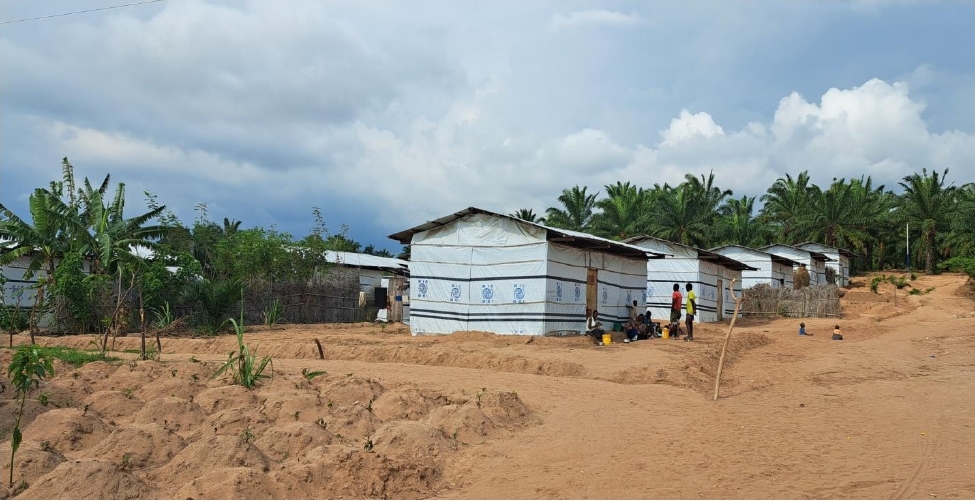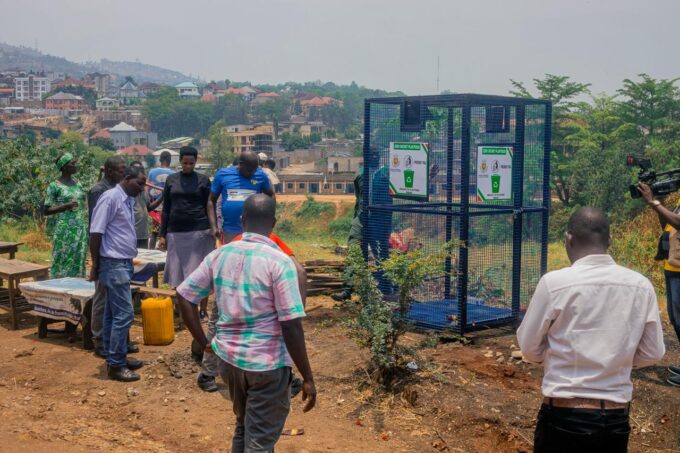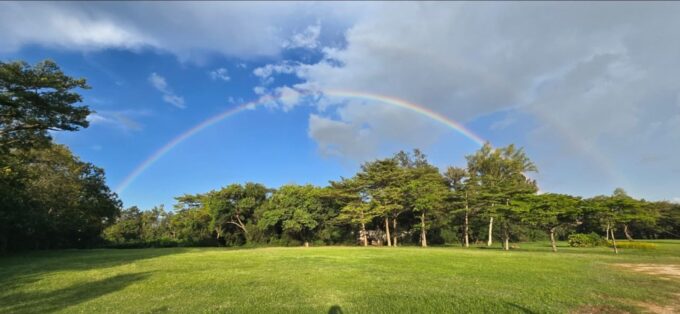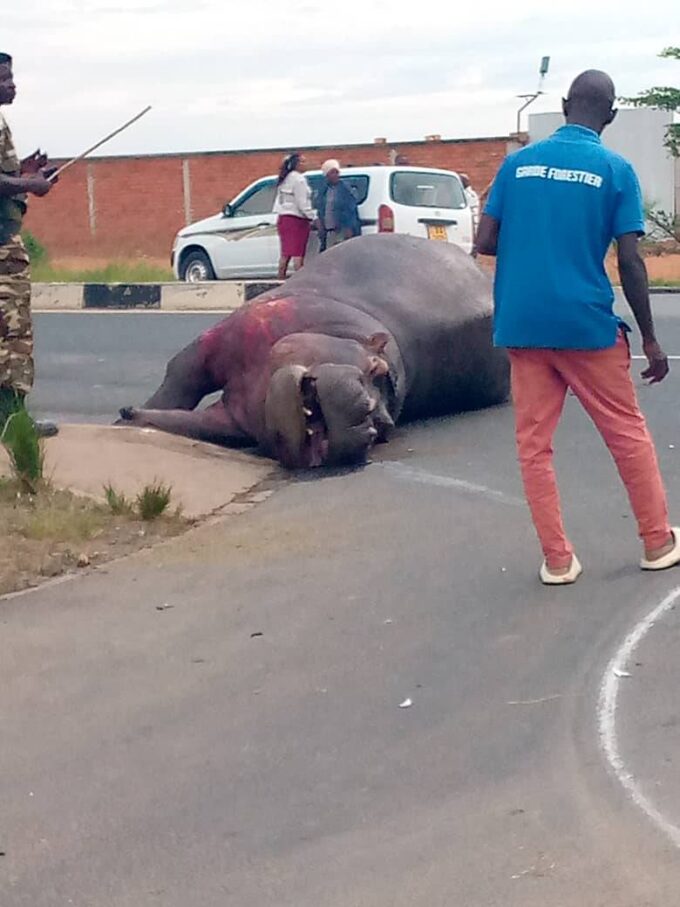Climate change is wreaking havoc in unexpected ways, far beyond rising water levels or displaced populations. In southern Burundi, along the shores of Lake Tanganyika, flood victims from Gatumba and Rumonge areas are discovering a devastating side effect of their displacement: the loss of marital intimacy.
Crowded into temporary camps like Mutambara Village III and Matyazo, these families grapple with crumbling shelters, lack of privacy, and crushing poverty—all of which have turned intimacy into a luxury many can no longer afford. For couples, this erosion of their private lives is threatening the very foundation of their relationships.
Mutambara Village III was established to accommodate flood victims from Rumonge commune in the south of Burundi, housing 185 families—1,340 people in total. Each family resides in a tiny structure made of tarpaulin walls and tin roofs, packed into a 20-by-15-meter space. Conditions have only worsened with the onset of heavy rains; over 80 homes were inundated, forcing families to seek refuge with neighbors or friends.
The shelters themselves are on the brink of collapse. Tarpaulin walls are riddled with holes, and wooden supports have rotted or been eaten away by termites. These fragile homes offer no privacy, leaving families with little hope for an intimate moment.
Amimu Ciza, a father of seven, shares the heartbreaking impact on his marriage. “For over a year, my wife and I have lived like siblings,” he says. “The lack of privacy makes intimacy impossible. One time, we thought we could make love while the kids were out, but they returned before we could even begin. I haven’t tried since.”
With no money to escape to a hotel, Amimu’s family struggles just to survive. “We can barely afford food. How can I think of intimacy when I can’t feed my children?” he says.

Families Torn Apart
In some cases, families have had to split up due to overcrowding. One father explains how his family of eight has been divided: his wife stays with their daughters while he lives with their sons. “We only meet to talk. There’s no room for intimacy, and I’ve learned not to even think
about it,” he says.
The story is similar for Tatu Hatungimana, a mother of three. For her, the stress of daily survival is a bigger barrier than even their cramped living conditions. “How can you think of sex after three days without food? It requires peace of mind and energy, neither of which we have. We’re living in despair,” she says.
The lack of privacy has driven some to risky behaviors. Men have previously been reported sneaking into nearby palm plantations to engage in secret rendezvous with young women—or even their wives. These attempts, though dangerous, reflect the extreme lengths to which some are willing to go.
One displaced woman, visibly disheartened, recalls how her husband left for the Democratic Republic of Congo to find work. “He said he couldn’t endure this misery with me. It’s heartbreaking to see our love eroded by these circumstances,” she says.
Local leaders recognize the severity of the problem. Julius Juma Ruhuzo, chief of Mutambara hill, admits that the makeshift homes are unsuitable for private family life. “These shelters don’t allow for intimacy. We’ve raised this issue with higher authorities, but there’s no solution yet,” he says.
Provincial officials, however, insist that efforts are underway to build more permanent and spacious homes for the displaced families. “We know these families lack food, privacy, and basic necessities. These conditions severely impact their relationships,” says a legal advisor to the governor of Rumonge province in the south of Burundi.
Similar struggles are evident in Matyazo camp in Mubimbi commune in rural Bujumbura, where displaced families live in tents donated by aid organizations. Overcrowding is rampant, with entire families sharing a single cramped space.
A mother of five explains the challenges: “We all sleep on the ground in the same area—my husband, children, and I. Intimacy is unimaginable in these conditions.”
She adds that, to create a semblance of privacy for young children, families divide tents into sections using plastic sheets. Yet, even this solution cannot address the loss of dignity and personal space.
The Hidden Toll on Relationships

The emotional and psychological toll of prolonged displacement is becoming evident. For many couples, the lack of intimacy has strained their relationships, creating feelings of frustration, distance, and even resentment.
Raoul Remesha, a clinical sexologist, warns that the absence of intimacy can have serious consequences. “Sexual relations are crucial for a healthy marital relationship. When couples can’t engage in intimacy, it disrupts their emotional balance, leading to problems like infidelity, loss of affection, and even divorce,” he says.
He adds that prolonged abstinence can lead to unhealthy coping mechanisms. “Some may turn to infidelity or even masturbation to relieve their frustrations. Over time, this lack of connection erodes mutual love and understanding,” he explains.
According to Remesha, couples should ideally engage in intimacy three times a week for a healthy relationship. But for flood victims, even the idea of such regularity feels like a distant dream.
The struggles faced by flood victims in Burundi highlight the far-reaching impacts of climate change. Beyond destroying homes and livelihoods, it is tearing apart the emotional and relational fabric of families.
As climate-related disasters become more frequent, their human toll will only deepen. For families like those in Mutambara and Matyazo areas, the fight for survival has come at the cost of love, connection, and intimacy—a loss that may take years to repair.








Leave a comment